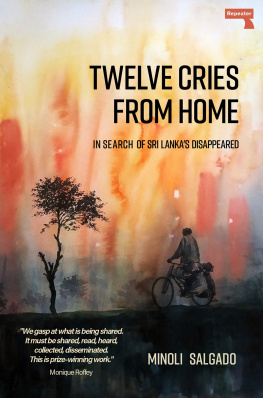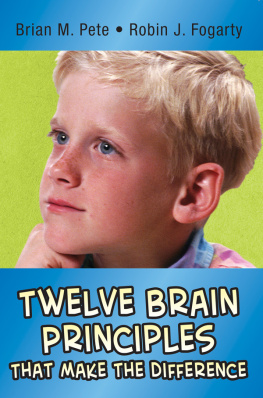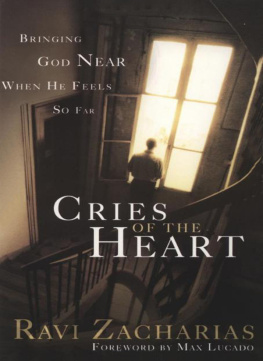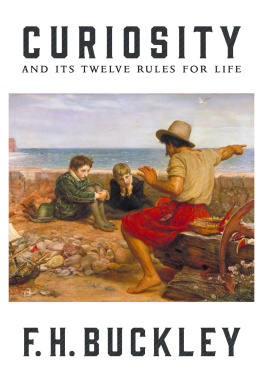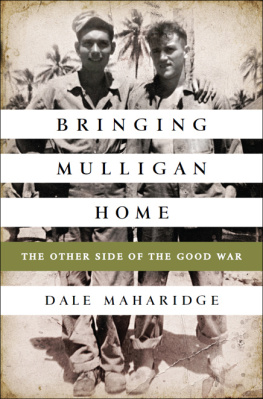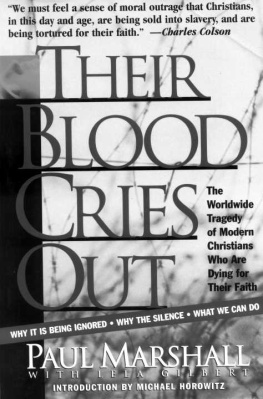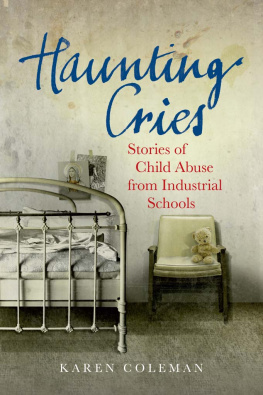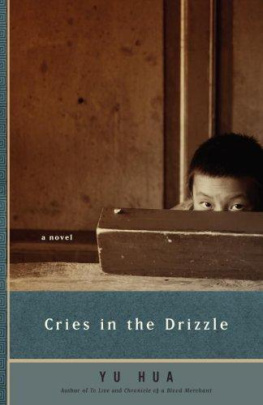


Published by Repeater Books
An imprint of Watkins Media Ltd
Unit 11 Shepperton House
89-93 Shepperton Road
London
N1 3DF
United Kingdom
www.repeaterbooks.com
A Repeater Books paperback original 2022
Distributed in the United States by Random House, Inc., New York.
Copyright Minoli Salgado 2022
Minoli Salgado asserts the moral right to be identified as the author of this work.
Front cover image: S. Karunarathne
ISBN: 9781914420054
Ebook ISBN: 9781914420047
All rights reserved. No part of this publication may be reproduced, stored in a retrieval system, or transmitted, in any form or by any means, electronic, mechanical, photocopying, recording or otherwise, without the prior permission of the publishers.
This book is sold subject to the condition that it shall not, by way of trade or otherwise, be lent, resold, hired out or otherwise circulated without the publishers prior consent in any form of binding or cover other than that in which it is published and without a similar condition including this condition being imposed on the subsequent purchaser.

Printed and bound in the UK by TJ Books
A deeply sensitive and sensitizing book that offers a sophisticated understanding of real pain. Twelve Cries from Home is driven by a humanity that provides moral anchor in a terrain where the darkest instincts reign free.
R ADHIKA C OOMARASWAMY , F ORMER U NDER -S ECRETARY -G ENERAL OF THE U NITED N ATIONS
In Twelve Cries from Home , Minoli Salgado gets to the heart of the distress of twelve ordinary Sri Lankans who have lived through personal horror: the death or disappearance of loved ones, even of families; their own maiming and wounding and trauma. In beautiful, often clipped prose, Salgado portrays their suffering and shows how chilling is the indifference and callousness that the victims receive in trying to find answers or to give a broken body even the most basic dignified burial. A valuable document of testimony gathered during a brief time of greater openness in a country still shattered by war and cruelty.
C HARLES H AVILAND , F ORMER S RI L ANKA C ORRESPONDENT , BBC N EWS
A man with parts of a bomb still inside him, a lost son who was kidnapped for his blood, a pregnant woman with her child cut out; these are the everyday horrors of the war fought in Sri Lanka. Minoli Salgado listens and takes testimony, years later, from the civilian survivors, all still traumatised. This is painstaking, necessary work. This collection of true stories is the vital afterwork of any war. It must be done and carefully and with the deepest integrity. Here, Salgado collects and records testimony from those caught up. We gasp at what is being shared. It must be shared, read, heard, collected, disseminated. This is prize-winning work.
M ONIQUE R OFFEY , C OSTA A WARD-WINNING AUTHOR OF T HE M ERMAID OF B LACK C ONCH
Preface
Collecting stories from survivors of violence is a difficult process. Silence is often the first and most authentic response to violence. I have found this to be true in my work with women and children across the world. Minoli Salgado, an academic by training but here a writer, returnee and above all a deeply sensitive listener, works with and through the silences she encounters in the twelve victim-survivors from Sri Lanka whose stories make up this book.
Twelve Cries from Home is a travel narrative of literary witness that is the first book to gather civilian testimonies from across the island in the wake of the civil war. It draws us into a world of fear and terror punctuated by the authors journey through Sri Lankas extraordinary landscape and the ease of its diversity when left alone to exist. The beauty and diversity of Sri Lanka is felt under your skin, alongside a visceral connection to the torment of those whose family members have disappeared, the endless searching, the endless waiting, the endless pleading, the endless bribes, the endless visiting of camps and police stations, endless days in court and endless telling of their story, the appeal or call that ends Have you seen my son? The beautiful prose lulls you into understanding, forcing you to reflect on and savour the insights that attend each story.
The book draws out individuals confronting and witnessing different forms of violence. Caught in between parties that use disparate forms of terror, the civilian is a victim-survivor. We have the direct violence of such unbearable torture that it makes you curl up wondering about the nature of the last hours of the person so tormented. There is murder, either in the form of assassination or being caught in the crossfire between combatants. There is sexual violence that the author acknowledges but leaves unspoken due to the need to keep faith with the speakers need for privacy. There is bombing and shelling that makes the population scatter. And there is forced displacement where whole communities are made to leave behind everything they hold dear.
The authors sensitivity to the possibility of retraumatizing her witness, her consciousness of the devastating effects of these stories on her interpreter, and her acute awareness of the pitfalls and significance of her role as witness-bearer, all underscore the writing of the book. The book makes clear that storytelling is rarely linear or chronological, that at times it is unruly and insurgent, and the author as a travelling witness draws attention to what she calls the nomadic centre of meaning of tales that lose focus and meander. She lets the witnesses whose stories make up this book speak in their own words but the book is clearly mediated through her voice, listening and deciphering what is compelling and what is not. The result is a deeply sensitive and sensitizing book that offers a sophisticated understanding of real pain.
Indeed, Twelve Cries From Home is driven by a humanity that provides moral anchor in a terrain where the darkest instincts reign free. The human rights discourse with its certain lines and righteous indignation gives way to survivor stories that concentrate on human emotions and the vagaries of living. The stories gathered here are qualitative tales, capturing the blurring of categories and the dislocation of our convictions. The book is not a cerebral meditation but insights coming out of encounter. It attempts to take the survivor of violence and the reader to another level: each story reminds us of the contingent nature of our lives.
Many from Sri Lanka may feel that their community is underrepresented or overrepresented. But this book is not vested with a political imagining. The author does not pass judgment as to whether one form of violence is worse than another; whether state violence requires a different reckoning. Ethnicity in this book is irrelevant except as a backdrop. Taking sides is unthinkable. The commonality that links the stories is human suffering. The authors empathy and deep sensitivity sees us through.
One is aware that for many of the subjects, justice is not about the rule of law. For some, justice is intensely personal if not visceral, a need to strike at those who have harmed them and to show no mercy. For others like Mohamed Rifaideen, whose story leads us into the book, it is now time to move on, to attend to injuries and healing. Minoli Salgado shows how forgiveness sometimes comes in a complicated way - either as a deep humanism where time builds bonds between the perpetrator and the victims family or as the only way that a family can survive because of the nature of impunity. The author as literary witness captures this complicated space where bitterness and forgiveness intermingle.
Next page
